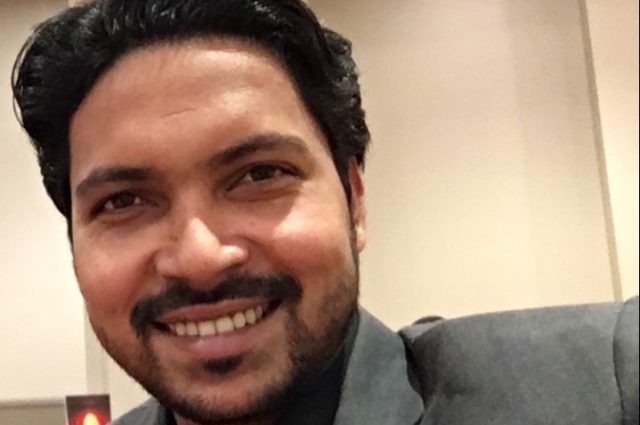Md. Sohel Rana, a second-year graduate student, presented his ongoing research on legitimization strategies of the new authoritarian regimes at the department’s Brownbag series on September 10. His presentation was titled “The Construction of Regime Legitimacy: How Do Competitive Authoritarian Regimes Legitimize their Rule?” His research investigates the institutional and the non-institutional aspects of regime legitimization in the rising new authoritarian regimes. His research explores three case studies, which share dissimilar historical, cultural, ideological, and demographic characteristics.
Sohel argues that the conventional literature broadly identifies institutional strategies for regime legitimization, including elections, co-optation and repression, and economic performance, but largely ignores non-institutional strategies such as ideological narratives as a mode for regime legitimacy. He examines how non-institutional strategies work in combination with institutional strategies to construct regime legitimacy in competitive authoritarian regimes. He develops a broader theoretical framework combining both institutional and non-institutional elements to analyze three strategies for regime legitimization: procedural, performance, and ideological.
Sohel contends that in the presence of procedural and performance legitimization, ideological legitimization builds the bridge between legitimacy claims (of the rulers) and legitimacy beliefs (of the ruled), which eventually construct legitimacy in authoritarian regimes. By exploring this linkage and explaining how ideology helps create legitimacy, he intends to add new knowledge to the existing literature.
Sohel is currently working on his thesis. His thesis committee members are Professors Ali Riaz, Yusuf Sarfati, and Mike Hendricks.


